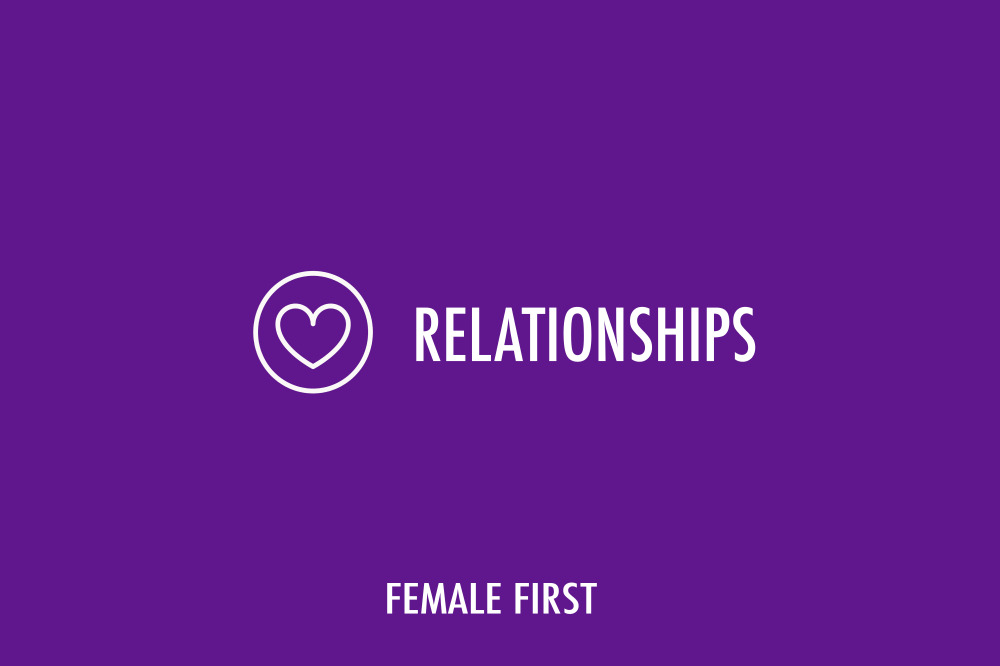Coronary heart disease is heartless. It's the UK's single biggest killer, and kills more than twice as many women as breast cancer so it's never been more important to know your risk.

Relationships on Female First
Having a family history of heart disease can mean you are more likely to develop heart disease yourself. New statistics released by the British Heart Foundation for its Wear it. Beat it. campaign show that 80% of people would want to know if heart disease ran in our family yet half of us have never spoken to loved ones about it.
Your family history doesn't have to be your future. You can do a lot to protect your heart, and putting yourself in picture about your family tree can help and motivate you to make the lifestyle changes needed.
The British Heart Foundation is encouraging the nation to talk to their loved ones about their health.
Here are some top tips for how to talk:
Get as much information as you can
Just being aware of heart disease running in the family isn't enough. It's important to know what conditions they are, and how old your loved one was when they were affected. Do they have any risk factors like high blood pressure? Have they had a heart attack or stroke? Have they had any treatment?
Know Your Audience
For some people talking about their health might be uncomfortable. They might not know much about their condition themselves, or they might feel guilty that they could pass it on. Be sensitive and think about who you're speaking to and how they might respond.
Take it Slow
Talking about your health can be difficult. Try broaching the subject subtly or in several conversations rather than asking everything at once to make it easier.
Start at the Beginning
Your immediate family is the most important to have information about. Start with your mother, father, brothers or sisters and find out if they have heart disease. Then work your way back from there to grandparents, uncles, aunts and cousins.
Look for a pattern
If several people in your family have died at a young age, make sure to tell your doctor as it could be because of an undiagnosed inherited heart condition. Your doctor might want to have regular check-ups with you to manage your risk factors including blood pressure and cholesterol, or to send you for more extensive testing if your family history points to a specific inherited condition.
Think About Your Lifestyle
It's not just your genes you need to think about. Habits like smoking, unhealthy eating and not getting enough exercise are all behaviour patterns which can be passed on and shared among family members. You don't have to follow in your family's footsteps. Think about your own lifestyle. Quit smoking if you do at the moment, try to incorporate more activity in your day and eat less saturated fat and more fruit and veg.
Know Your Own Heart Health
It's important to be clear on your own health, and if you have any risk factors for heart disease. If you do, there are lots of simple steps you can take to reduce your risk of developing heart disease like quitting smoking, getting more exercise, managing your blood pressure and cholesterol and maintaining a healthy weight.
Tell Your Doctor
Once you know more about your family history, tell your doctor as soon as possible so they can assess your risk and whether or not you need further check-ups.
Go online
The British Heart Foundation website has lots of helpful information and resources about the different types of heart disease, knowing your family history and other risk factors, and how to improve your heart health. Visit www.bhf.org.uk for more information.
The British Heart Foundation is funding vital research to find out why certain families are predisposed to getting heart disease and you can help. The nation's heart charity is encouraging everyone to join the fight against heart disease by wearing red on February 5th to help raise £1million towards new life saving research.
Since 2009 the campaign has raised over £6million towards new life-saving discoveries in the fight against heart disease. Sign up online at www.bhf.org.uk/red or call 0300 3300645 and get your free fundraising pack full of ideas to help you get started.
tagged in Heart
